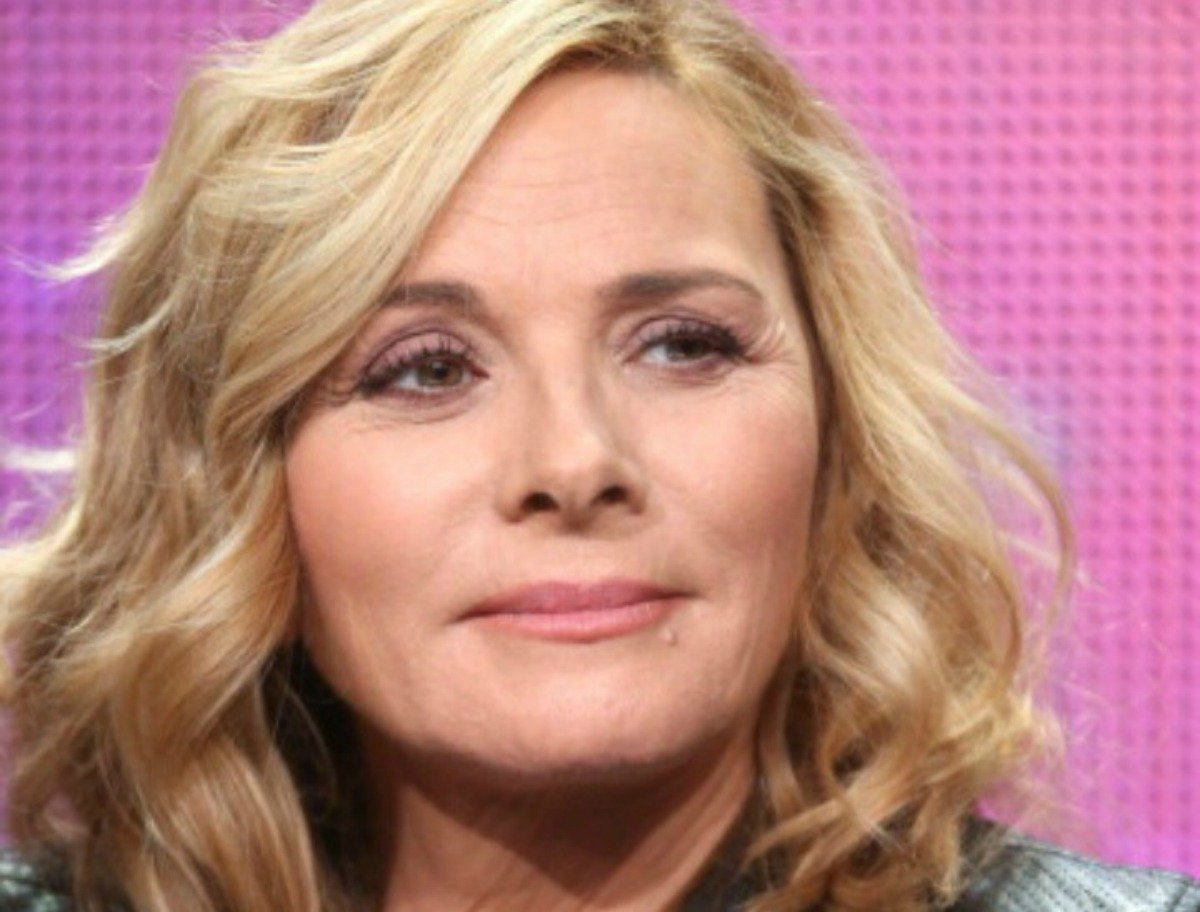
Quick quiz. I don’t have children. I thought I would. But my life is great without them.
Reading this, do you believe me? Or feel sorry for me?
It’s complicated, isn’t it? Because there are times when I’ve lied about how I feel about not having kids. I’ve played the ‘great life’ card, but in my heart have yearned for a child so hard it hurt. And there have been times when I’ve thought ‘thank god I didn’t’, and meant it with every fibre in me.
There are times when I’ve felt happy and fulfilled and I’ve wanted to scream with frustration at friends who have found it impossible to believe me, who’ve offered hopeful, sad nods that haven’t quite masked their pity at my childless, childfree, barren – call it what you will – state. And fair enough – there were times I was lying to them and they were lying right back.
But not every time.
Because there are times – and there are more and more of them these days – when I look at my life and think ‘how good is this?’
I started to think about all this again on the weekend, after reading Stephanie Wood’s beautifully complex piece in The Sydney Morning Herald’s Good Weekend. In it, she explores the treatment of women without children in 2016, the dashed expectations, the societal pressures, the sense of exclusion. It made me think. Hard.
If you missed it earlier, my story on life as a childless woman. Bloody tough to write. https://t.co/wtywxbJSRD
— Stephanie Wood (@StephanieAWood1) July 23, 2016


Top Comments
These sound like the very same ups and downs experienced by women with children. There is no perfect or better path in life. With more and more women making the choice not to have children I would think these issues should reduce. I do think though in making the decision whether or not to have children, women should stay away from synthetic hormones (eg. birth control pill) which can reduce the drive to seek out a partner to procreate with.
I opened the gallery and I see I am in a good company.